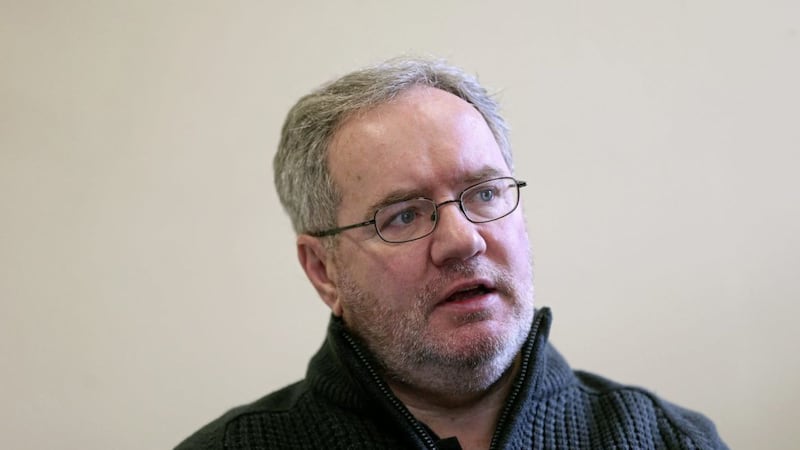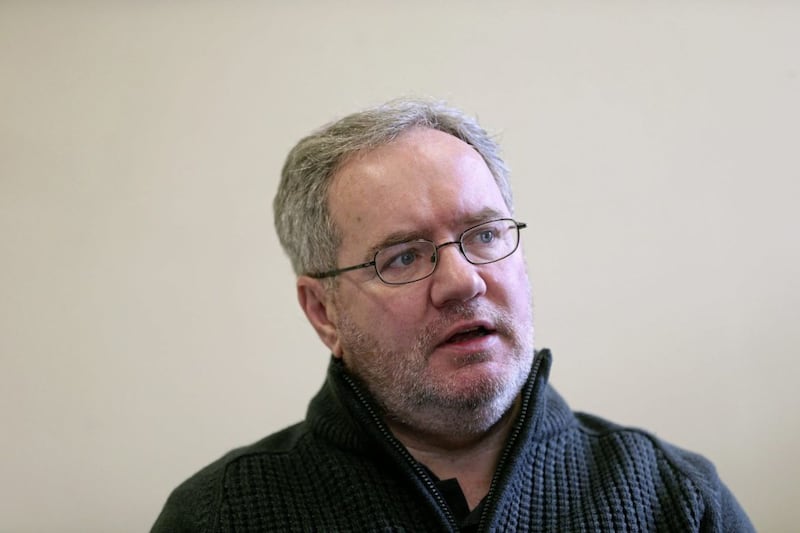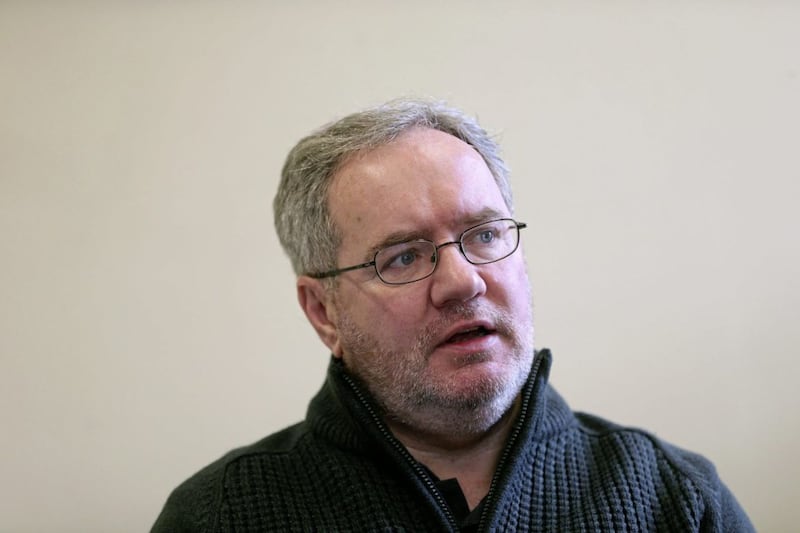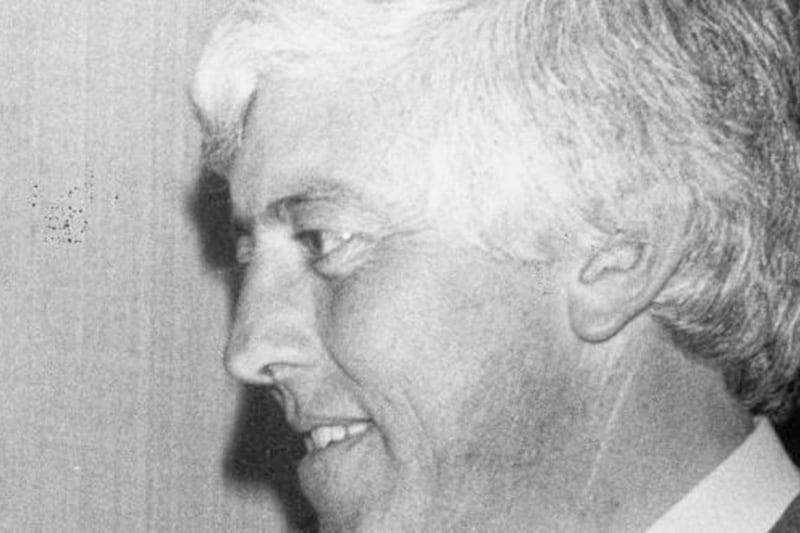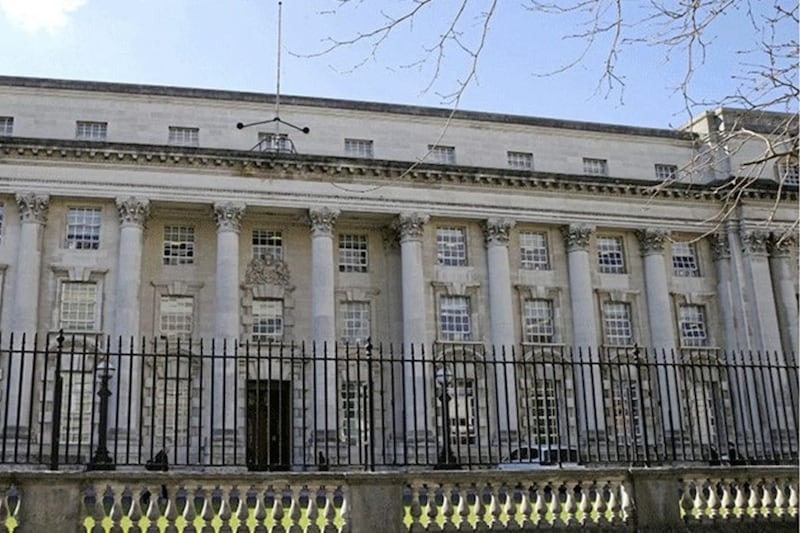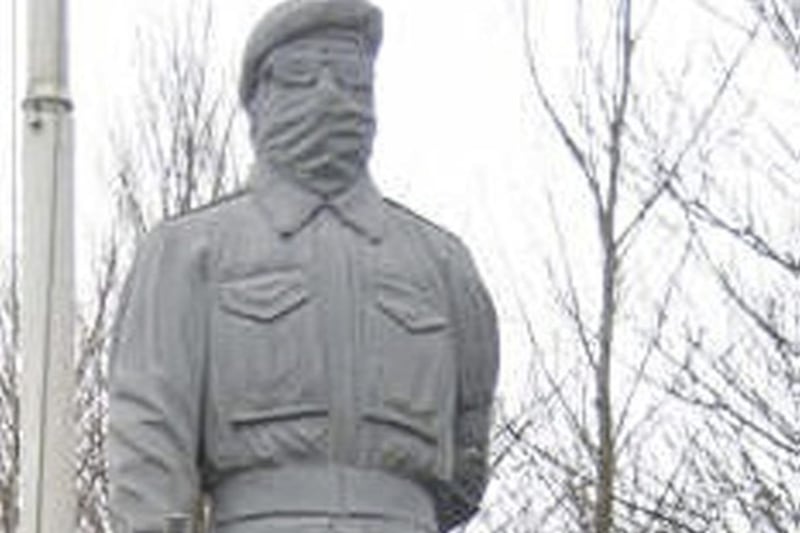A WEST Belfast man who spent ten years in jail for offences he did not commit has told of the almost life-long battle to clear his name.
Michael Devine said he feels “vindicated” after a court this week ruled his near 40-year conviction for a string of paramilitary offences was unsafe.
He was just 17 when he was arrested in September 1979 after running away from a stolen motorcycle in the Falls Road area.
His arrest took place shortly after a motorcycle was hijacked in the same district by two youths, including one alleged to be armed, who claimed to be from the IRA.
Another youth arrested later had his conviction overturned on appeal in 1981 but Mr Devine was wrongly condemned to a decade behind bars after his appeal was abandoned.
Earlier this week Lord Chief Justice Declan Morgan said the case has “generated some concern” and confirmed an appeal is to be allowed.
The most senior judge in the north and two colleagues reached their decision less than an hour after the case, which was fixed for two days, opened in Belfast on Monday.
The matter was referred to the court by the Criminal Case Review Commission (CCRC) last year after it carried out an investigation.
It had previously refused to refer the matter but fresh submissions were made by Mr Devine’s legal team.
A full written judgment will be delivered at some point in the future.
During the hearing issues were also raised about material contained in a confidential annex provided to the judge by the CCRC.
In 1981 Mr Devine was found guilty of ten charges, which also included conspiracy to pervert the course of justice and wounding with intent.
Some of the alleged offences related to a gun attack on a policeman in Belfast in October 1978.
He was later given a 20-year sentence, half of which he served in prison.
He was eventually released from the H-Blocks in 1989.
The Belfast man has always maintained his innocence and has fought to have the convictions overturned.
Part of his case hinged on claims that a police officer fabricated admissions that Mr Devine never made.
Speaking to the Irish News, Mr Devine said he raised concerns about the practice known as 'verballing' with medical officers, police officers and his own solicitor at the time.
'Verballing' refers the putting of damaging remarks into the mouths of suspects during police interrogation.
Mr Devine was in court in Belfast on Monday when his name was finally cleared after almost four decades.
“I felt it’s been a struggle this past ten years and for me the overriding feeling was one of being vindicated,” he said.
“My truth has now come out.”
He said that after being released from prison he tried to make a life for himself.
“I got on with my life but that is a difficult thing to do when you have a conviction,” he said.
“That has never went away.
“I applied for course at university have applied for jobs and I have been successful in doing that but it has always been a battle.
“Because those convictions linger to this day and people don’t realise what that’s like for ex-prisoners, particularly ex-prisoners who are maintaining their innocence.”
Mr Devine said the price of having a conviction is “a cost that you continually pay” and the impact continues to the present day.
“Any job you go for, any promotion you go for it’s standard practice that you must declare (your conviction),” he said.
“And that’s not just me, that’s every prisoner.
“People are quick to think that when people go to prison then they get out and get on with their lives.
“But they are penalised, the ex-prisoner community.”
Mr Devine believes that he has been denied opportunities and has encountered subtle discrimination as a result of his wrongful conviction.
He revealed how he took a judicial review against authorities after he was refused a taxi licence on his release from prison.
“I went to Queen’s University to study for a degree and I had to be interviewed before they accepted me because of my conviction,” he said.
“I wanted to work as a part-time taxi driver to put myself through university.
“I had to take them to court - they refused me a taxi licence.”
Despite the obstacles placed in his way he has obtained several university qualifications and holds a degree in economics, another in youth and community work and a masters degree in social work.
He also reveals the emotional cost of his wrongful conviction and how he was refused bail to attend his father’s funeral.
Owen Devine (54) died in 1980, while his son was being held on remand at Crumlin Road Prison.
The cruel decision remains raw to this day.
“The biggest impact on me, and I think this is important, when I was on remand when my father died and when I went for bail the police done everything in their power to ensure I didn’t get bail," he said.
“And I didn’t.
“For me that was the biggest injury I suffered,” he said.
“For me every son has a right to bury their father and I was denied that right.
“That rankles with me today."
The Belfast man revealed that his journey for justice began after the death of his aunt Jinny Lavery more than a decade ago.
She had held onto his deposition papers for 28 years, which were then passed on to Mr Devine by her grandson.
“When I saw those deposition papers, when I read them as an educated man and started to see how many flaws was in them that rekindled it for me," he said.
“And then I decided I was going to do something about it.
“I contacted Joe’s office and then I set off on a journey to clear my name.”
Mr Devine says he was a victim of the Diplock court system, which meant there was no jury in his trial.
“There are many people who suffered a similar fate to me who were in prison for two reasons,” he said.
“One, because of police wrong doing and extracting false confessions, either making up and fabricating confessions as they did in my case, and because of an indifferent Diplock system that was just too eager to disregard and deny any sense of police wrong doing.”
“There wasn’t an openness, there wasn’t a fairness and that is a political issue because that’s the times we lived in and they were political courts as far as I can see.”
He urged anyone in a similar situation to him to take action.
“It is also worth saying that at this juncture, 40 years later, that I have been vindicated so I would encourage anyone else who has suffered that fate to seek redress.
“I would appeal to them to seek justice.”
On the issue of compensation Mr Devine was very clear.
“It is worth saying no amount of money would compensate me for the loss of ten years,” he said.
Mr Devine was represented by solicitors Joe Rice and Sarah Symington of John J Rice and Company.
Mr Rice revealed he was an assistant solicitor when he first became involved in Mr Devine’s case in 1981.
“I never forgot the impact of the case in relation to Michael and his family and I personally felt a huge sense of relief that justice was done (this week),” he said.
Mr Rice said the speed at which proceedings took place were unusual.
“It was extraordinary to the extent that the crown case was dismantled and overturned by the court of appeal ruling within an hour, less than an hour,” he said.
“We wait with interest the detailed reasons as to how the quashing of the conviction and sentence has been arrived at.”
Mr Rice said his client will now explore his legal options.
“We have a number of options, legal avenues to be considered and really it depends on what the written reasons are given in the judgment,” he said.
